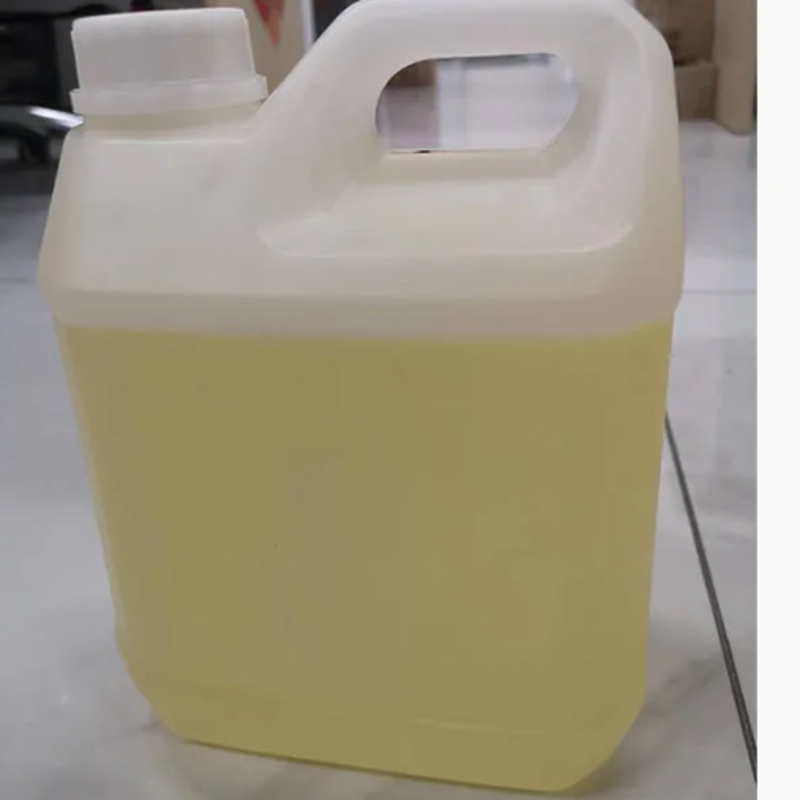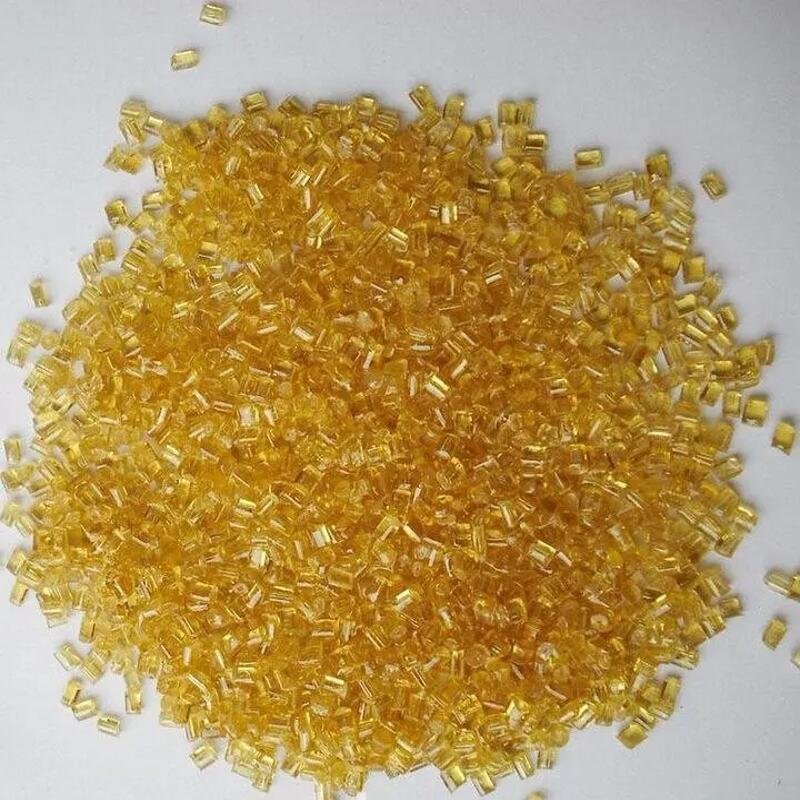-
Categories
-
Pharmaceutical Intermediates
-
Active Pharmaceutical Ingredients
-
Food Additives
- Industrial Coatings
- Agrochemicals
- Dyes and Pigments
- Surfactant
- Flavors and Fragrances
- Chemical Reagents
- Catalyst and Auxiliary
- Natural Products
- Inorganic Chemistry
-
Organic Chemistry
-
Biochemical Engineering
- Analytical Chemistry
-
Cosmetic Ingredient
- Water Treatment Chemical
-
Pharmaceutical Intermediates
Promotion
ECHEMI Mall
Wholesale
Weekly Price
Exhibition
News
-
Trade Service
VTT Finland, Europe's leading research institute, has released a new discussion paper outlining the latest technological innovations in food packaging recycling and highlighting solutions it believes have the highest commercial potential over the next 5 years
.
The report also provides an overview of the current state of recycling in Europe and the United States, as well as broader social and technological factors affecting recycling rates
.
The report was commissioned by packaging expert Huhtamaki, in part because of ongoing regulatory reforms in Europe, where the European Commission has made packaging recycling one of its top priorities
.
For example, the latest amendments to the Packaging and Packaging Waste Directive contain updated measures to promote the reuse, recycling and other forms of recycling of packaging waste, as well as targets: by 2025, 50% of plastic packaging and 75% of Paper and cardboard will be recycled
.
The purpose of the report is to identify and improve understanding of the key drivers needed to achieve a circular economy in which packaging is not only recyclable but also recyclable
.
The VTT team studied current and future plastic and fiber packaging recycling systems to discover key factors for the success of these systems
.
Technological developments in waste management systems alone are not enough: citizens must also be aware and play their part in promoting recycling
.
"The system is only effective when consumers are actively engaged and have a basic understanding of environmental awareness and information," said Mona Arnold, the report's author and chief scientist at VTT
.
In addition, alliances between brand owners, recycling and sorting technology developers and waste management companies are proving to be the foundation for developing recycling solutions
.
This partnership is critical for future investments in new recycling technologies, as they provide access to used materials on the one hand and potential users of the recyclate on the other
.
One of these new recycling technologies is industrial chemical recycling, which facilitates the recovery of a more heterogeneous waste input stream than mechanical recycling
.
Globally, chemical recycling is a young technology, so the infrastructure to provide feedstock is still developing
.
Current technology suppliers and investors are actually often working with raw material suppliers (waste management organizations) to secure raw materials for their facilities
.
The study predicts a significant increase in industrial chemical recycling capacity in the US, Europe and East Asia over the next 3-4 years
.
Chemically recycled polymers can be used in food packaging after complete depolymerization, whereas in current practice, recycled polymers certified as food contact materials are mainly rPET for bottles
.
' commented Mona Arnold
.
Chemical recycling may not be the main route to plastic recycling in the future, but it can make a significant contribution to the recycling of waste plastics, especially for parts that do not meet the standards of mechanical recycling processes
.
This report supports the approach taken by Huhtamaki
.
“We believe that there needs to be a real drive for systemic change today – beyond individual businesses and integrating value chains – towards a low carbon cycle
.
It’s not enough to just make products that are recyclable; they need to be recycled.
VTT’s report outlines How to achieve this, we hope it can serve as a reference point to support collaboration between industry, civil society and government,
” said Thomasine Kamerling, Executive Vice President of Sustainability and Communications at Huhtamaki
.
Huhtamaki has an ambitious 2030 sustainability agenda, including a commitment to design 100% of its products to be recyclable, compostable or reusable
.
The company is also committed to making more than 80 percent of the raw materials it uses renewable or recyclable
.
To achieve these goals, Huhtamaki needs to help achieve a low-carbon circular economy by ensuring that packaging materials that provide people with safe, affordable food are recycled after use in a way that maximizes their value to the planet and people.
Helps prevent food waste
.







